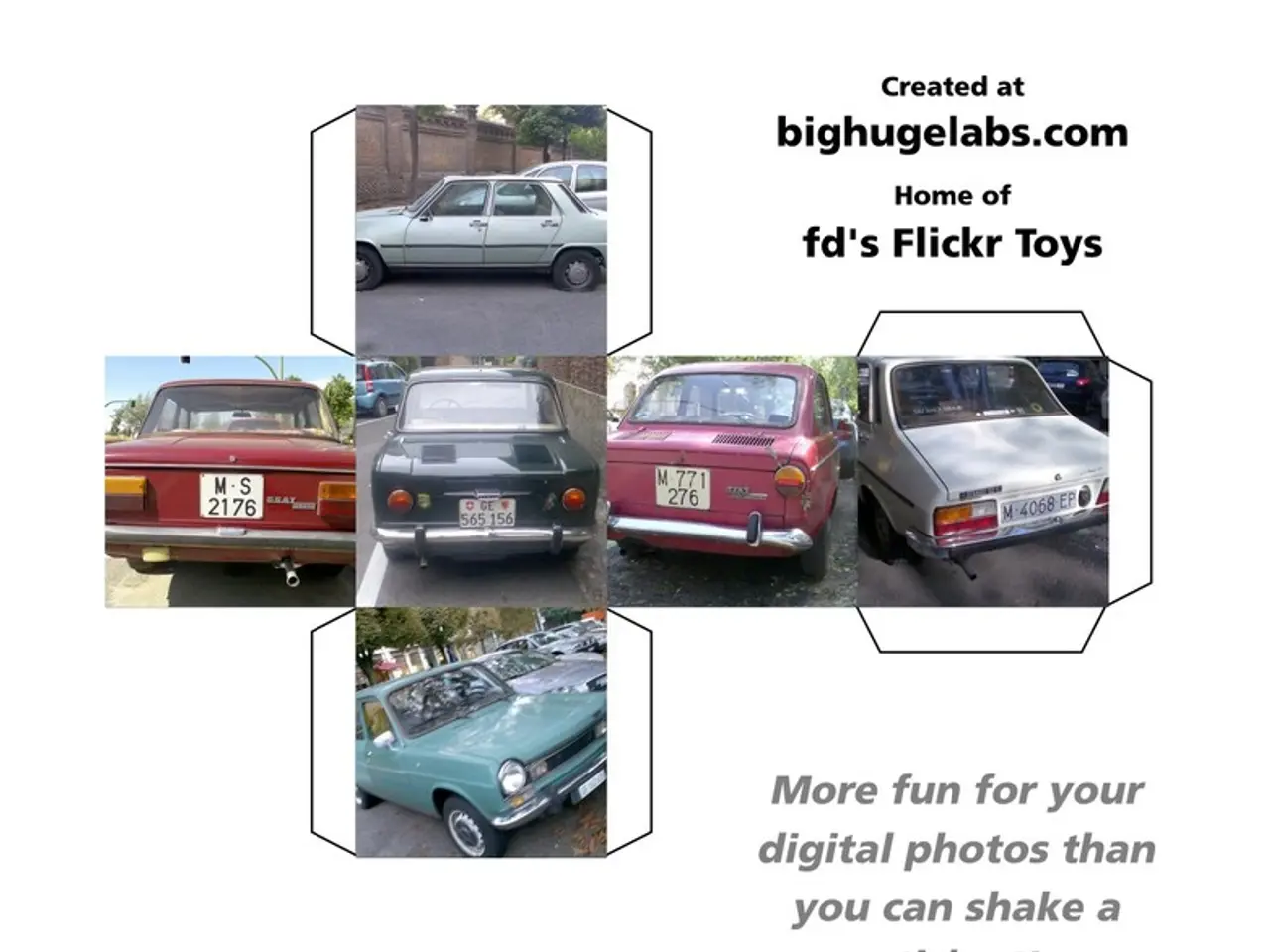South Carolina may soon permit automobile manufacturers to sell electric vehicles directly to consumers, bypassing traditional dealerships.
In a significant move for the electric vehicle (EV) industry, Scout Motors, a Volkswagen subsidiary, has announced plans to invest $2 billion in an EV manufacturing plant in South Carolina. However, the company's direct-to-consumer sales model is facing opposition from local dealership associations, as a bill aimed at revising the state's dealership laws is currently under debate.
The South Carolina Consumer Freedom Act, which has garnered support from six co-sponsors, seeks to amend the state's laws to allow EV manufacturers without existing franchise agreements to sell directly to consumers. The policy has drawn criticism from industry leaders and consumers alike, with dealership owners fearing that allowing direct sales could undermine their financial stability.
The bill's proponents argue that direct sales eliminate the middleman, reducing vehicle prices and allowing manufacturers to offer a more seamless experience. Companies like Tesla, Rivian, Lucid, and now Scout Motors have embraced this model. Cody Thacker, Scout Motors' vice president of growth, emphasized that the current laws are outdated and limit consumer choice.
Governor Henry McMaster has expressed support for the bill, stating that he would sign it if it reaches his desk. The policy change could mean South Carolinians, including the 4,000 workers expected to be employed at Scout's new facility, will no longer have to travel to neighboring states to buy the vehicles they help build.
However, South Carolina's dealership associations oppose the bill. Lobby groups contend that eliminating dealerships could reduce competition and lead to higher prices in the long run. If the bill fails to pass, South Carolina risks sending a contradictory message to EV manufacturers, potentially discouraging investment in the state.
The bill is currently under debate in the House Labor, Commerce, and Industry Committee. If passed, it could mark a significant shift in the way new vehicles are sold in South Carolina, opening the door for a more consumer-friendly market. Stay tuned for updates on this developing story.
Read also:
- User Data Analysis on Epic Games Store
- Rachel Reeves conducts a discussion with Scott Bessent and financial executives, focusing on investment matters
- Hyundai accelerates production plans: Introducing 7 new N models, aiming for a sales figure of 100,000 units by 2030.
- Yasa, an electric car engine producer, plans to broaden its operations.




